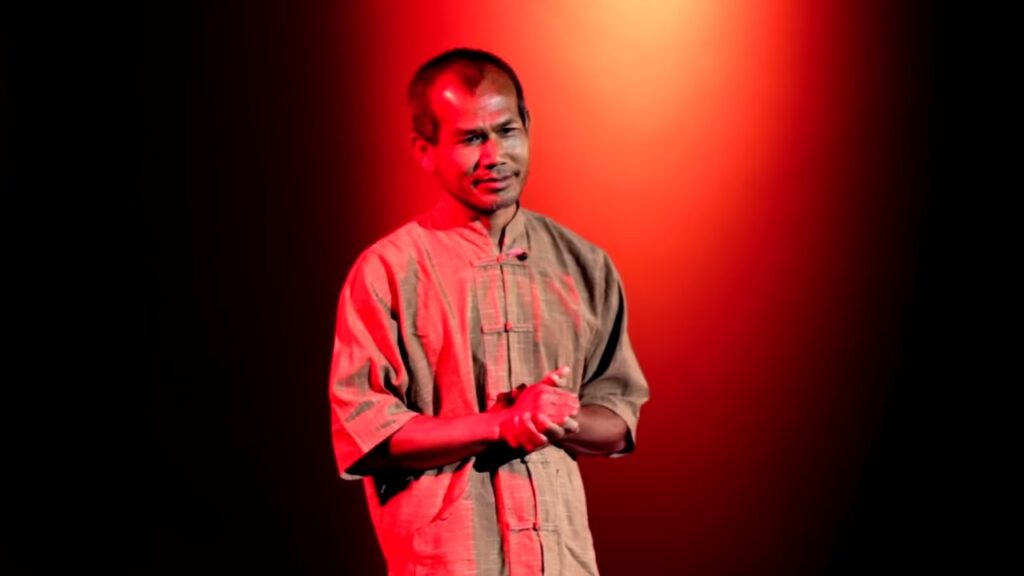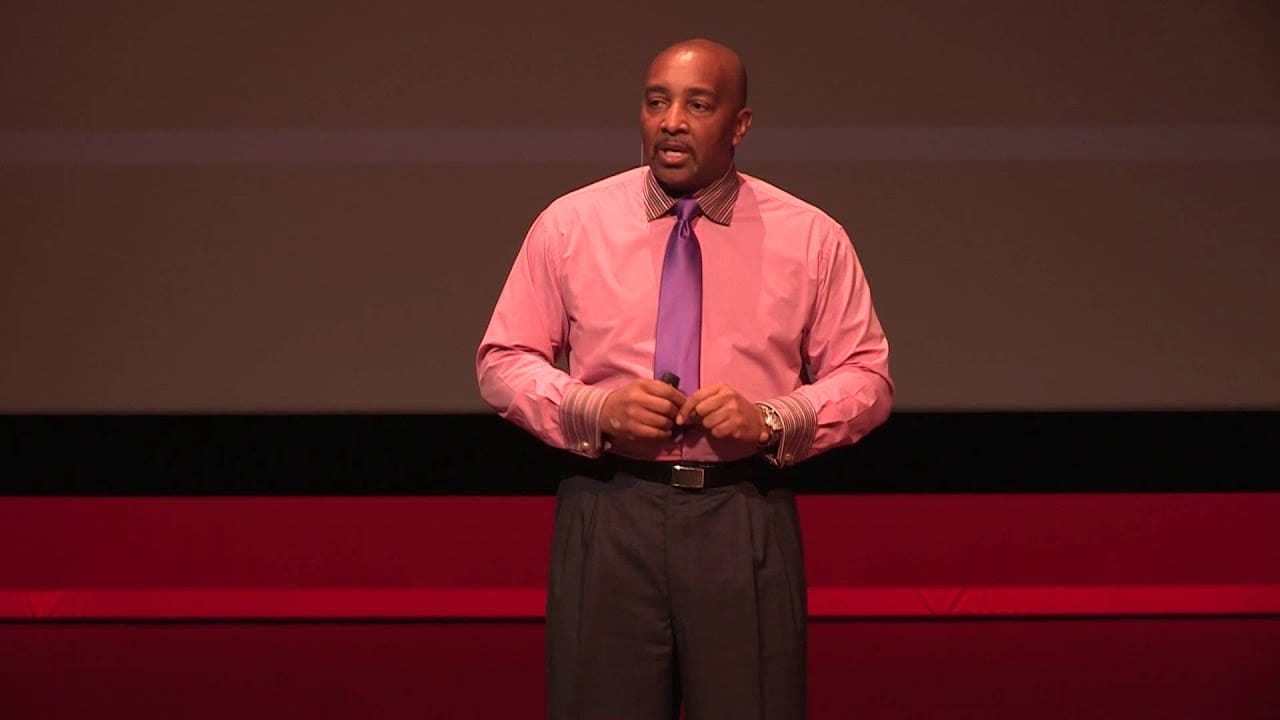Embark on a transformational journey from hardship to ease as the speaker shares how he found simplicity and freedom by returning to natural living, emphasizing the importance of basic needs for a fulfilled life.
Embracing Simplicity: Transform Your Life with a Return to Basics
Life doesn’t have to be as complicated and challenging as it often feels. This concept, eloquently shared by a speaker who reflects on their experiences, provides a refreshing perspective on how embracing simplicity can lead to a fulfilling and joyful existence. Growing up in a small village in Northeast Thailand, the speaker initially enjoyed an easy and fun-filled life. However, the arrival of television and external influences led to feelings of inadequacy and the pursuit of success in Bangkok. Fortunately, a return to a simpler lifestyle offered valuable lessons in self-sufficiency and contentment.
The Complexity of Modern Success
Upon moving to Bangkok, the speaker experienced the harsh reality of chasing societal definitions of success. Despite working hard and striving for academic and professional achievements, life in the city proved to be challenging and unfulfilling. The speaker observed that modern education, particularly in universities, often focuses on destructive knowledge. Fields such as architecture, engineering, and even agriculture seemed to perpetuate environmental degradation rather than fostering creativity and productivity.
Reflections on a Simpler Childhood
Reflecting on childhood memories, the speaker noted that life in the village was vastly different. Work was minimal, with only two months dedicated to rice cultivation, leaving ten months of leisure and cultural activities. This abundant free time allowed for meaningful interactions, self-reflection, and the pursuit of joy. People were able to understand their desires and express their creativity through simple crafts, such as carving knife handles or weaving baskets.
The Decision to Return to Village Life
Disillusioned with the complexity of urban life, the speaker decided to leave Bangkok and return to the village. Emulating childhood practices, the speaker began working only two months a year and found that this was sufficient to produce enough rice to feed a family of six, with surplus to sell. Additionally, creating fish ponds and a small garden provided a year-round supply of food with minimal daily maintenance. This return to basics effectively demonstrated that a modest lifestyle could easily meet essential needs.
Insights on Housing and Self-Sufficiency
Contrary to the belief that housing is unattainable without a well-paying job, the speaker discovered that building a home using sustainable materials like mud was surprisingly simple. By dedicating just two hours a day to construction, the speaker managed to build a home within three months without incurring any debt. This approach highlighted that practical skills could empower individuals to achieve self-sufficiency without prolonged financial burdens.
Rethinking Fashion and Materialism
Addressing the superficial aspects of modern life, the speaker shared insights about fashion and consumerism. The realization that expensive clothing did not alter one’s identity led to a fundamental shift in perspective. By rejecting the need to constantly chase fashion trends, the speaker found liberation in utilizing what was already available and consequently stopped buying new clothes altogether. This frugality extended to other aspects of life, reinforcing the idea that material possessions do not equate to happiness.
Natural Remedies and Health
Health can often be a significant concern, especially without financial security. However, the speaker emphasized that illness is a natural part of life that signals the need for change. By turning to natural remedies and traditional knowledge, the speaker was able to maintain health without dependency on expensive medical treatments. This approach to healthcare further exemplified the simplicity and sustainability of a natural lifestyle.
Fostering Community and Connection
Recognizing the alienation prevalent in modern society, the speaker stressed the importance of community and connection. Life in the village naturally facilitated interdependence and mutual support. Reconnecting with others and appreciating simple pleasures cultivated a sense of belonging and well-being that was missing in the more isolated urban environment.
The “Pun Pun” Project
To share these valuable insights and promote a return to simpler living, the speaker initiated the “Pun Pun” project in Chiang Mai. This project focuses on seed preservation, acknowledging that seeds represent food, life, freedom, and happiness. By preserving seeds, communities can maintain their autonomy and sustainability. Additionally, “Pun Pun” serves as a learning center to teach people how to simplify their lives, counteracting the complexity taught by modern institutions.
Redefining Civilization and Progress
The speaker’s observations challenge the conventional notion of progress and civilization. True civilization should make basic necessities such as food, shelter, clothing, and medicine accessible to everyone. However, modern society has increasingly complicated access to these essentials, making life harder rather than easier. By returning to natural living and practical skills, individuals can reclaim their power and simplify their lives.
Embracing a New Perspective
Ultimately, this philosophy promotes living naturally and equitably with the environment. It encourages individuals to reassess their priorities and recognize that happiness and freedom come from within, not from societal expectations or material possessions. By managing one’s thoughts and adopting a mindset of simplicity, life becomes lighter and more enjoyable.
Each person has the choice to simplify their life and embrace a more fulfilling way of living. This choice requires a conscious effort to prioritize meaningful connections, self-sufficiency, and sustainable practices, ultimately leading to a balanced and joyful existence.
VIDEO CREDIT:







